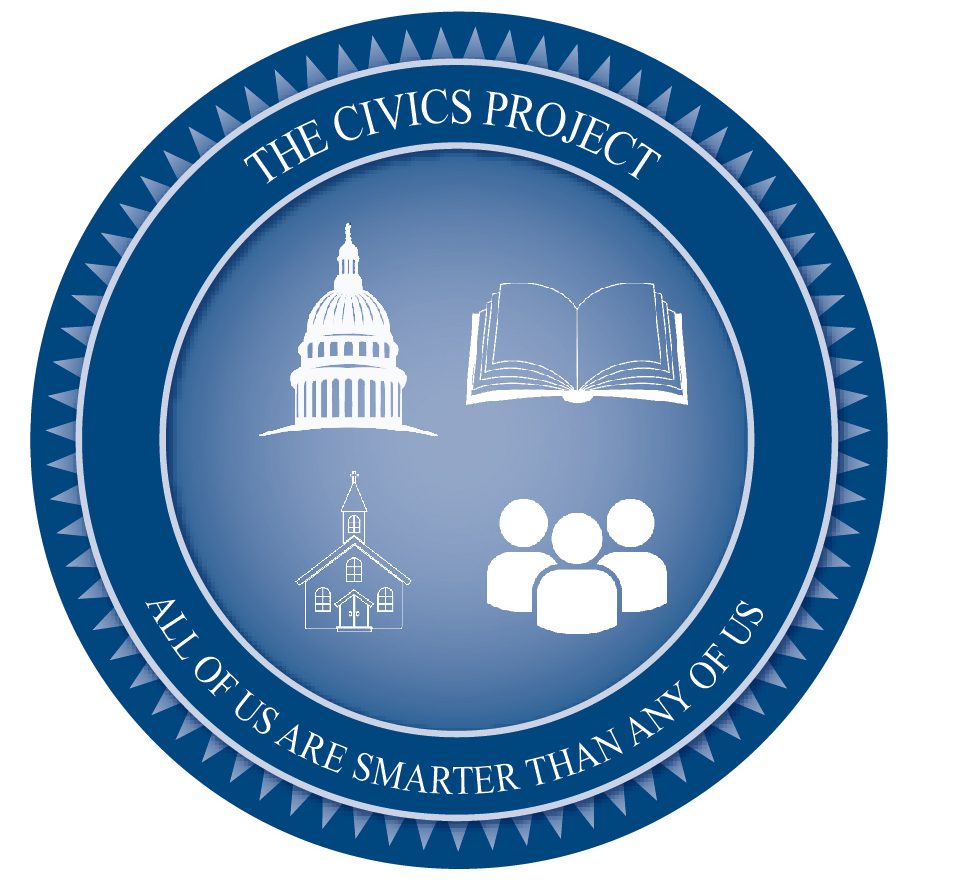What is Civics?
Simple definitions of civics tend to fall short. While it’s certainly the rights and obligations of citizens, it’s just as importantly how citizens interact – with each other and with their government – to develop a community. Every citizen plays a role. The Civics Project exists to bring greater understanding and focus to these roles and to the community they build.
Civics – In Action
We learn best when we have real-life examples.
Adam Smith, in the infamous Wealth of Nations, wrote about one item – the construction of a pin, and used it to highlight division of labor and economic growth.
Frederick Taylor, the most successful management consultant of the 20th century, used industrial engineering functions – time/motion studies of human activity in real life situation – to change American management practices forever.
The Civics Project will use one community to focus on civics in real time. We will paint a picture of where that community is currently, how it got here, and where it’s going. And follow its progress through the decisions made by its citizens. Textbook civics, and their application and usage by real people, in real time, in a real city.
It’s About Education
The path forward in any pursuit is education. It’s true when it comes to civics. Sadly, 6 out of 10 American citizens cannot pass a civics exam, as highlighted on a recent CBS news report.
The failure rate might be significantly higher if we were talking about local civics.
The layers of complexity to deliver things like utilities, health care, street services and garbage pickup. The Civics Project will examine how a community works from the bottom up. We’ll take things apart piece by piece, as if in a science lab. We’ll use real locations, real people, real budgets and discuss real examples. By using real and contemporary examples in a specific place civics will become more personal, and the educational experience tangible.
And because all of us are smarter than any of us, we will need your help and expertise in whatever community you live in to help discuss and suggest insights and possible alternatives.
Click the participate button at the top of this page to help your fellow neighbors – be they across the street or across the world – understand civics.
Welcome to the journey!
